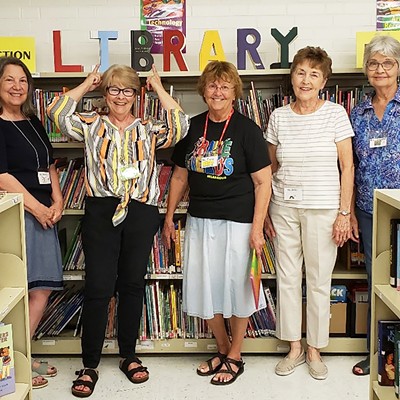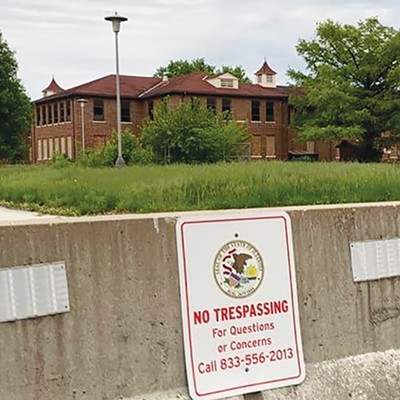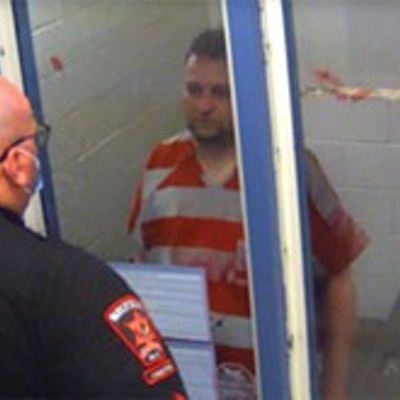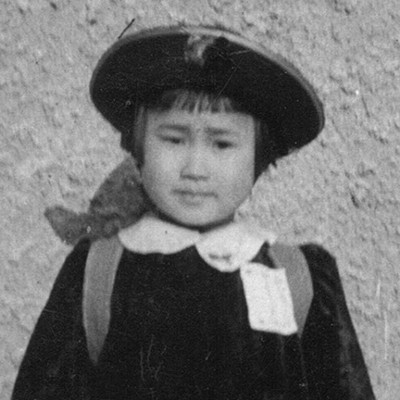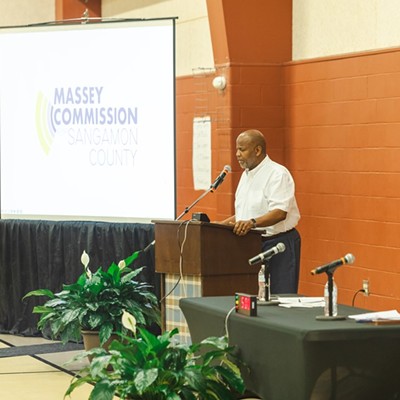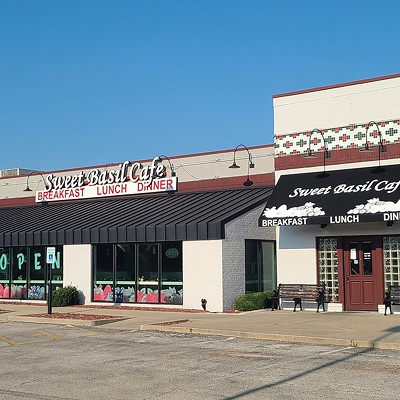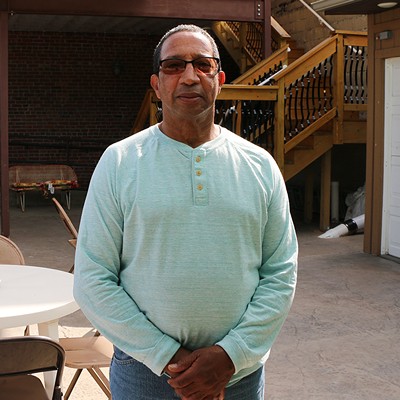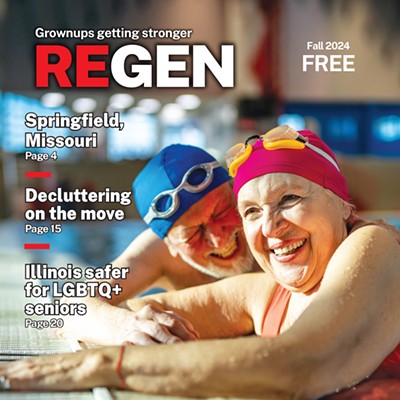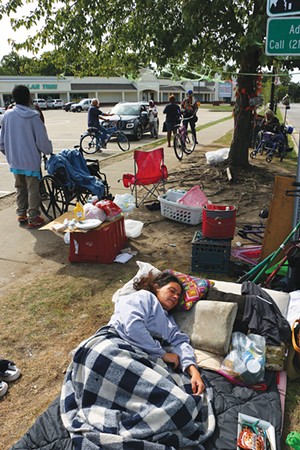
In an age of intense rhetoric by those who do it poorly, it is easy to forget how beautiful politics can be. At base, politics is the art of freedom. Where freedom exists, politics thrive, and where freedom is absent, politics is squelched. This correlation between politics and freedom is a true one, and the biggest threat to healthy politics is always the lack of good conversation. Fortunately for the city of Springfield, we all have an opportunity now to do good politics together through advancing conversation for the good of our people.
Last week, the city rescinded its proposed emergency ordinance concerning a ban on tent shelters in public spaces. This is not a bad outcome in my mind, but hopefully not the end of it. By my estimation, the problem with the ordinance was not an error of intent or ethics or merit, but the problem instead lay in an easily forgivable error of process that was too quick for the complexity this issue needs. My hope is that fresh conversations will help the city shape new policies that fit the needs of our whole community, especially the homeless.
I was pleased to see that on Sept. 10, the Heartland Continuum of Care (HCOC) posted on Facebook that conversations with all relevant parties are and will be ongoing. Good. Let's keep them going.
Homelessness is a fiercely individualistic problem requiring individually tailored responses. This truth must be accounted for in any policy that deeply affects the homeless populations, especially traumatized ones. Fortunately, Springfield's recent history reveals a willingness to meet people at that individual level.
Back in 2018, some of Springfield's finest invested a great deal of personal time and energy to bring nation-best policies on police-homeless interactions here to Springfield. After countless discussions over several months, this effort directly led to the creation of Springfield Police Department's Homeless Outreach Team (HOT), which is specially trained in matters of homelessness and trauma intervention.
Well-crafted ordinances could empower the HOT officers by giving them additional and substantial "therapeutic nudges" in their toolbox to get individuals the help they need. The philosophy of the HOT initiative is not to criminalize homelessness, but instead to convince people to utilize the resources available to them. Good ordinances should reflect and empower this good philosophy.
With each passing year, new resources, wisdoms and initiatives sprout up nationwide to help communities better understand and fight their burgeoning street homeless problems. The HCOC is doing well keeping up with these trends and implementing best practices. Even so, the agencies are perpetually limited by their inability to force people to get the treatment they need. While it is almost always the case that more resources are needed, even more than this, the resources available need to be utilized. Enter the therapeutic nudges of the HOT initiative that empower not only their own officers but train our neighborhood police officers as well.
The HCOC and mental health services should play an ongoing role in discussing and informing the city on how to craft ordinances that empower vulnerable individuals. As the experts know, a myriad of reasons exist as to why certain people refuse services. Often these reasons pertain to phobias or traumas or interpersonal conflicts. Often it involves addictions or mental illness and the like. Usually, it is a combination of these factors. And as a free nation, we generally want to empower these people to help themselves.
Two things the community does not want to see are 1) individuals dying on the streets with their rights on (as Charles Krauthammer used to put it) and 2) erratic behavior that jeopardizes the safety of others, as has been highlighted locally in recent events. So then the question becomes, how do we craft policy that avoids these two outcomes while not criminalizing a vulnerable population?
Having empowered HOT officers is a start. Crafting and revising ordinances is a next step. The goal of these ordinances should be to empower HOT officers to get individuals into HCOC and mental health services. HOT officers are the service agencies' backbone to make connections with those who otherwise refuse services. To threaten anyone with fines or jail time is a last resort for the HOT officer. Yet the HOT officer is the only community resource that can call upon such means – which truly are a means to motivate. To actually implement fines or jail time is a rare necessity underpinning a trauma-informed initiative to help the vulnerable.
Is this criminalizing homelessness? Well, let's talk about it and allow the better angels of our natures to prevail whenever possible. The nature of good politics is allowing the good that another sees to refine the good you see in order that the greatest good possible might be accomplished.
Caleb Payne has 20 years of experience working with the homeless at Inner City Mission. He is a former board member of the Heartland Continuum of Care and is currently serving as president of Enos Park Neighborhood Improvement Association. The opinions of this article are his own.


